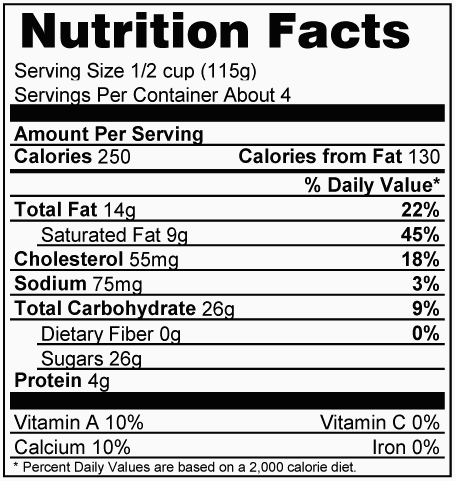Environmental Testing Laboratory



FDA Requirements
Inspectors from the FDA and U.S. Customs and Border Protection (Customs) regularly inspect, examine, sample and test at the U.S. port of entry imported foods, beverages, dietary supplements, drugs, cosmetics, ingredients, medical devices and electronic products to ensure they comply with all U.S. requirements.
It is our business at Environmental Testing Laboratory, Inc., to ensure your imported products comply with all U.S. import regulations and requirements before they arrive. ETL also evaluates import documentation and purchase and sale contracts to ensure The Way Through is open and clear for our foreign manufacturing and U.S. importer clients. Noncompliance with FDA or Customs (or USDA, or other regulatory agency) requirements results in long import delays, import detentions, import refusals, import alerts, and occasionally Customs seizures and penalties. These outcomes are all avoidable if foreign manufacturers and shippers and their U.S. importers first understand and comply with federal requirements for importing foods, medicines, cosmetics, medical devices and electronic products.

Importing an FDA regulated product requires knowledge of more than just regulations related to that product. Foreign manufacturers, U.S. importers and their products must comply with rules involving how the products are made, labeled, and reported to FDA to successfully sell them in the U.S.

Customs and Border Protection controls the imports and exports of everything that crosses into or out of the U.S. Thus, in addition to FDA, TTB or USDA requirements, an imported or exported product must meet Customs labeling, documentation and declaration rules.

FDA has recently received new enhanced options to enforce the law: product seizure, import detentions and refusals, new mandatory recall authority, civil and criminal authorities. Each authority presents unique risks to manufacturers, distributors and importers and must be defended appropriately.